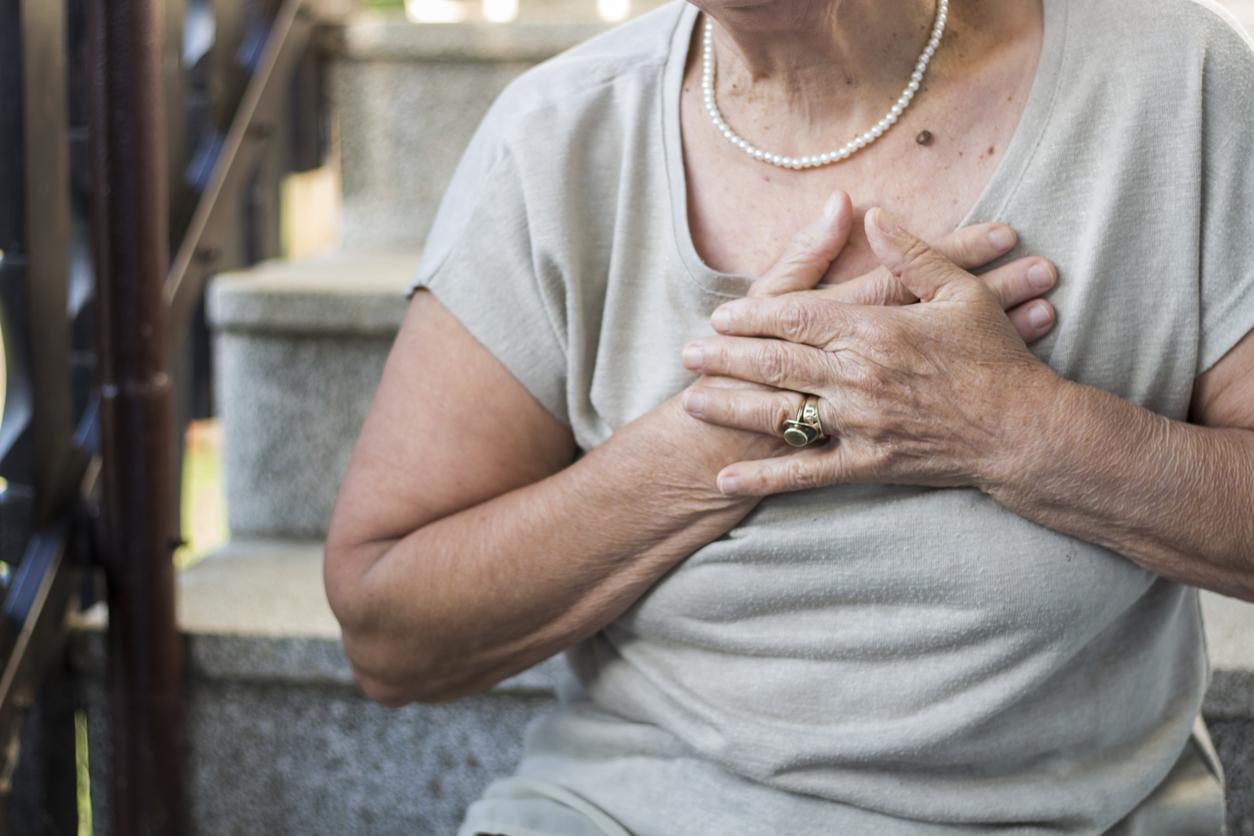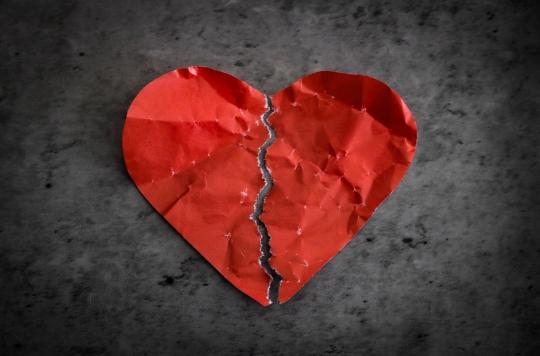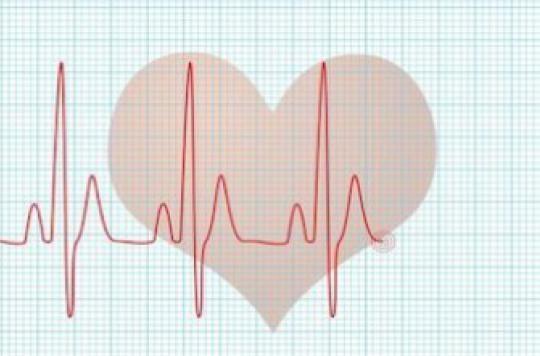Particularly for women, separation is often accompanied by acute stress that can potentially harm the heart. Tako-Tsubo, false stress infarction, is an example.

According to an INSEE study (1) published in December 2015, the life of French couples is increasingly fragile. In 15 years, the number of ruptures has thus jumped by 63%. For men, and even more so for women, the consequences of a separation entail significant daily changes (change of residence, alternating custody, etc.). It is also often accompanied by a decline in living standards and therefore acute emotional stress potentially harmful to heart health.
Faced with this observation, the French Federation of Cardiology (FFC) warns this Wednesday on the effects of emotional stress that can trigger broken heart syndrome (or stress cardiomyopathy) whose symptoms are similar to infarction. It is better known under the Japanese name of “Tako-Tsubo”, literally “octopus trap”.
Postmenopausal women first victims
And this affection is far from trivial. Researchers from the University of Zurich published in September 2015, in the New England Journal of Medicine, worrying results on this syndrome. The death rate from Tako-Tsubo disease (3.7%) is said to be almost as high as that from heart attacks due to myocardial infarction (5.3%). Fortunately, it only affects about 2% of hospitalizations for myocardial infarction.
Also according to this study, emotional shocks (loss of a loved one, romantic break-up, etc.) often associated with intense fatigue (moral and physical exhaustion) are triggers for Tako-Tsubo in 27.7% of cases.
Women are the first victims (9 women for 1 man) because their arteries, particularly sensitive to the effects of stress, contract more easily. Worse, the situation of postmenopausal women who are even more affected by the “broken heart” because they are no longer protected by their relaxing hormones “estrogens”.
Learn to manage stress
Among the symptoms that can alert these women, “many can evoke a heart attack: sudden shortness of breath, violent pain in the chest, arrhythmia, loss of consciousness, vagal discomfort”, describes Professor Claire Mounier-Vehier, president of the FFC.
Preventive actions exist. The Federation reiterates that it is important to act upstream by fighting stress to keep a healthy heart. For this, it has made the “Heart and Stress” brochure available to everyone, a mine of information and advice on how to cope with stressful situations. It also offers the French to test the state of their heart in three minutes on: http://jaimemoncoeur.fedecardio.org/
How to deal with the syndrome
If it is already too late, it is better to know the right reflexes. This syndrome requires rapid diagnosis in order to avoid serious repercussions for the heart and allow appropriate management.
The call of 15 is therefore essential. Hospitalizationd must be done in an emergency cardiological intensive care unit, with treatment comparable to that of myocardial infarction, specifies the FFC.
Once the initial episode is over, medical treatment will be continued for a few months under the strict supervision of the cardiologist and the attending physician until recovery, often complete, of the function of the heart.
Finally, this stress-related syndrome also appears in less well-known conditions. In January 2015, when France was marked by a wave of attacks, cardiologists at a clinic in Toulouse recorded 75% more hospitalizations. Among these patients, doctors had to deal with two cases of tako-tsubo syndrome. These people developed this type of anomaly when they had strictly normal hearts before the terrorist attacks. In question, the state of tension in which they were while watching the television images of the event.
(1) National Institute of Statistics and Economic Studies
.

















